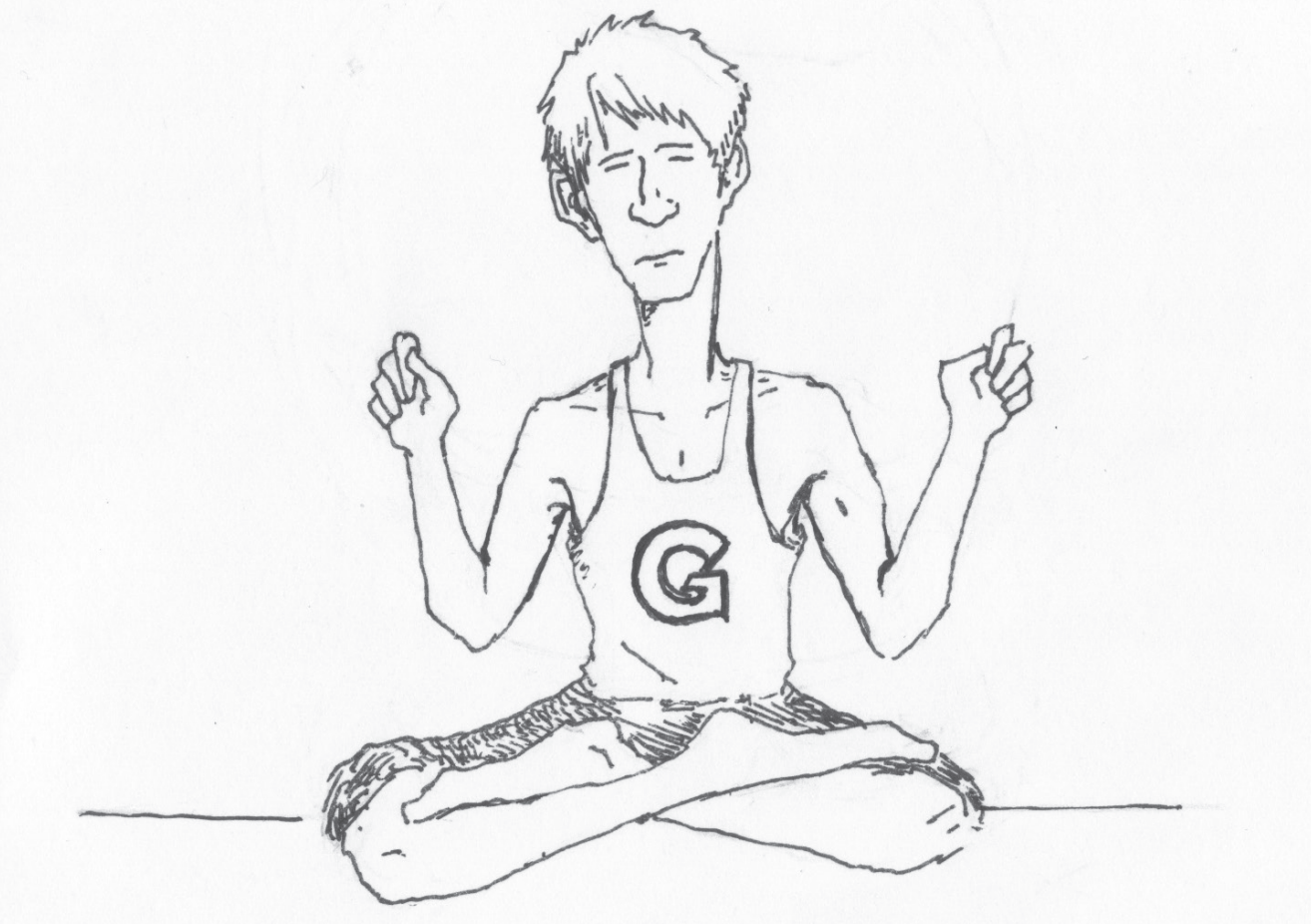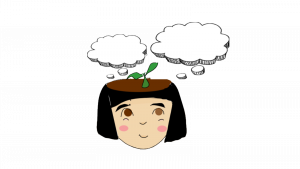Why it’s hard to be happy at Georgetown, and how you can make it easier
Being happy is hard. One would think that, after millenia on this planet, humanity would have perfected the art of being happy. Happiness is, after all, our foremost goal as individuals, once we’ve figured out the whole life and liberty thing. Everything you are or do is an unconscious cost-benefit analysis of how happy it will make you. And yet, when it comes to being happy, it seems as if many of us, if not the vast majority of us here at Georgetown, have missed the mark.
Can you really say that you’re happy? And I don’t just mean happy right now in this moment. I mean consistently happy and armed with know-how to maintain this feat. If the answer is no, then ask yourself this: If you could have anything in the world, what would make you happiest?
When I was first asked this question I thought to myself, “Well, I’d really like a girlfriend, more free time, and my dream job once I’m out of here. Yeah, those things would make me happy.” The problem with answers like this is that happiness is not about making—it’s about being. When we, as individuals and as a society, theorize happiness to be something that is earned or pursued, we set ourselves up for failure.
This is because happiness consists of two semi-paradoxical elements:
1) Striving for more and better everything
2) Being content with what you have
Given that you go to Georgetown, I can guarantee that you excel at point one, because it is within your volition to do so. You know what you want and you know more or less how to get it. But point two is far more tricky. Contentment is seemingly not an act of the will. And besides, even if you were content, wouldn’t that wipe away your drive to work?
First of all: no, it is absolutely possible to appreciate what you have and who you are while still desiring to better yourself and your situation. Contentment does not equate with apathy here. Rather, it’s a subtle and positive awareness. Secondly, it is indeed possible to turn contentment into an act of the will. It’s done through meditation.
Honestly, I can’t tell why or how it works, only that it just does. I started meditating about four months ago, and the change has been dramatic. Whereas I used to be racked with a sense of irresolvable emptiness when I approached happiness as a checklist of pursuits, I can now honestly claim that, for the first time in my life, I am actually happy. And yet, nothing in my life has changed significantly. I still don’t have that elusive girlfriend, free time, or that elusive dream job. I’m still working hard to complete the checklist. And, I’m still having myriad failures (in addition to a few successes) along the way. But thanks to the meditation, the ride is far more enjoyable.
So what exactly does one do during meditation? Meditation, perhaps better called mindful awareness, is an exercise in concentration. The key is to avoid “mindlessness”, or semi-conscious thinking. Meditation asks of you to sit upright and focus on your breath. Be curious about it. Whenever your mind inevitably wanders off, lightly recenter it on the breath.
I can understand why you think this may sound silly, even boring. The very reason that meditation is difficult is because it feels boring. But with enough practice you will gain the ability to focus on, find interest in, and extract enjoyment from something as simple your breath. Once you attain this, focusing on, being mindful of, and appreciating the various aspects of your daily life becomes easy. Whereas your godforsaken Arabic homework was once a necessary chore serving a long-term goal, it is now an opportunity to learn. Nothing has changed except your perspective.
Here’s the problem with just striving for more and better things: if life is a race, with happiness being victory, then solely pursuing checklist happiness is like running parallel to the finish line. You may be putting in a great deal of effort, but you’re going nowhere faster. If you’re only able to gain temporal satisfaction from your pursuits, then you will forever be striving for more and more until you inevitably burn out or die. But the moment you factor in positive awareness and you realize and appreciate just what it is you’ve actually done, then you’ll be happy.
A co-worker and mentor of mine once told me that you can never move forward without looking back. If you are interested in taking up meditation, the John Main Center for Meditation on campus is open 24 hours a day, seven days a week. There are group meditations twice daily, at 12:30 p.m. and 6 p.m. I hope to see you there.






